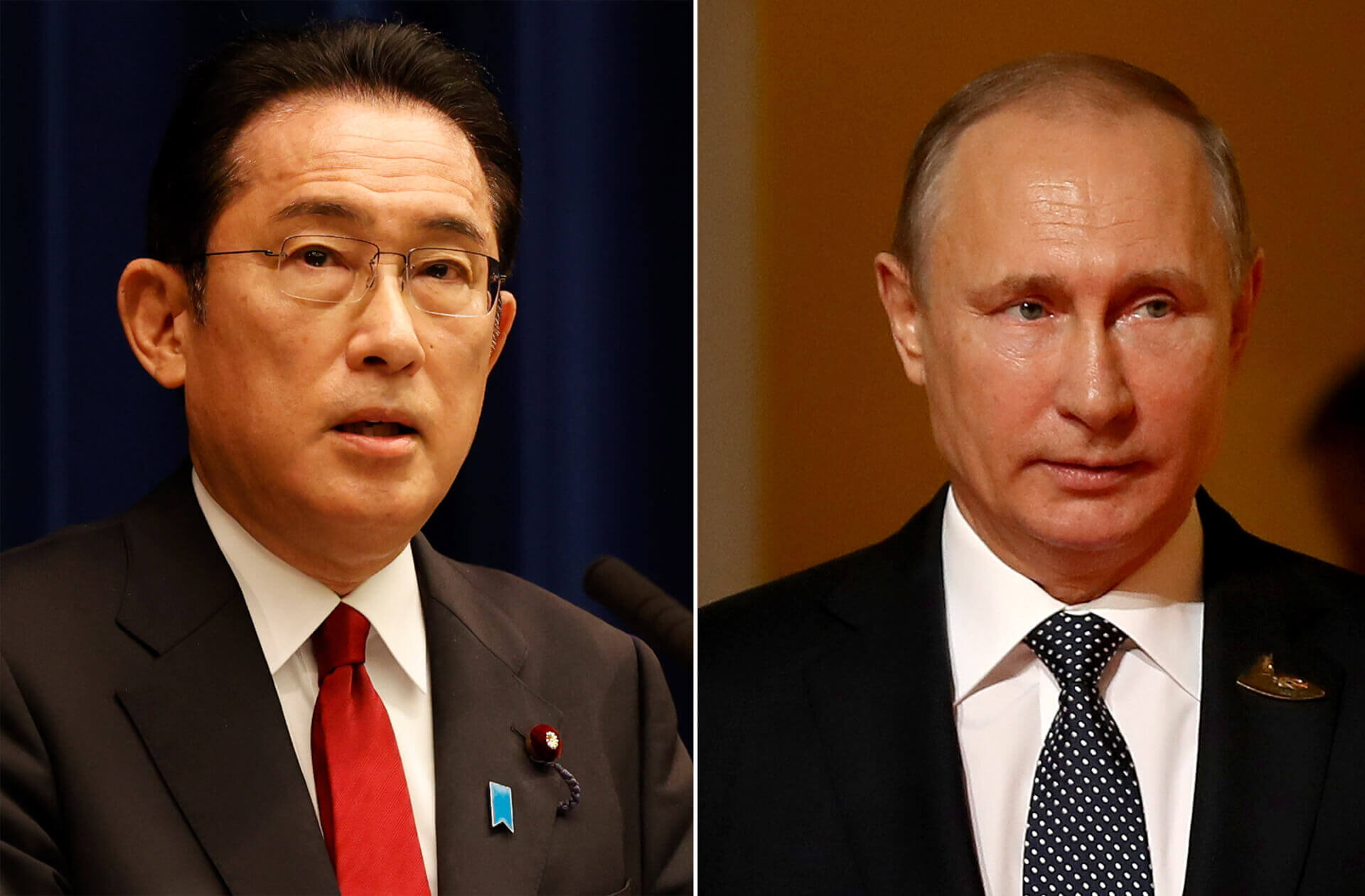Russia said on Monday that it had detained a Japanese diplomat on espionage charges, an allegation that Japan has flatly denied.
The Federal Security Service (FSB), which is the Russian KGB’s successor agency, detained Tatsunori Motoki, Japan’s Consul General in Vladivostok, for allegedly obtaining classified information in exchange for payment. The diplomat has been declared a persona non grata and asked to leave the country within 48 hours.
“A Japanese diplomat was detained red-handed while receiving, in exchange for financial reward, restricted information about Russia’s cooperation with another country in the Asia-Pacific region,” the FSB announced through its press service. It made no mention of the country. The Associated Press reported that the FSB also accused Motoki of trying to gather information on “the impact of Western sanctions” on the surrounding Primorye region.
The Japanese government said Tuesday that Motoki had been released after being detained for a few hours. Japan’s Chief Cabinet Secretary, Hirokazu Matsuno, informed the press that the diplomat is in good health and would leave Russia by Wednesday.
#Russia detained a Japanese diplomat based in the eastern city of Vladivostok for soliciting “restricted” information. Diplomat #MotokiTatsunori declared persona non grata and ordered him to leave the country within 48 hours.#Ukraine
— Ajeet Kumar (@Ajeet1994) September 27, 2022
In retaliation to the move, the Japanese Foreign Ministry summoned Russian Ambassador Mikhail Galuzin on Tuesday to lodge a protest. The Asian country’s Foreign Minister (FM), Yoshimasa Hayashi, told the media that the high-ranking diplomat’s detention and interrogation was a “clear violation” of the Vienna Convention on Consular Relations. He described Russia’s move as “totally unacceptable,” affirming that Consul Motoki had not been involved in any illegal act and that Russian authorities had treated him “coercively” while in detention.
Chief Cabinet Secretary Matsuno revealed that Motoki “was blindfolded, with pressure applied to both his hands and head so he was unable to move while being detained, and then he was questioned in an overbearing way.”
Tokyo has demanded that Moscow make a formal apology for the incident and ensure that such behaviour is not repeated. Hayashi assured that Tokyo will take appropriate measures against Moscow.
The latest incident follows a series of escalations in bilateral relations over the past few months.
The FSB detained Japanese Consul Motoki Tatsunori in Vladivostok for "espionage"
— NEXTA (@nexta_tv) September 26, 2022
The consul was declared persona non grata.
Today #Japan expanded sanctions against #Russia, banning the export of goods related to chemical weapons. pic.twitter.com/TuoQkhiIR6
Japan has angered Russia by joining its Western allies to impose tough sanctions over the Ukraine war. In fact, in April, Japan imposed a ban on Russian coal, a significant energy import, as well as machinery and vodka.
In the same month, Russian submarines fired cruise missiles during an exercise in the Sea of Japan. The missile firing came just a day after Moscow accused Tokyo of supporting neo-Nazi groups in Ukraine, when Tokyo removed the Azov battalion from its list of neo-Nazi organisations.
Russia was further angered by Japan’s decision in April to expel eight Russian diplomats over “war crimes” in Ukraine. “Russian troops have killed civilians and have attacked nuclear facilities, gravely violating international humanitarian law. These are war crimes that can never be forgiven,” Japanese Prime Minister Fumio Kishida said at the time.
Held a meeting with PM of Japan @kishida230 in New York. We discussed ZNPP demilitarization, security of nuclear facilities and strengthening sanctions against russia. I thanked 🇯🇵 and Japanese people for financial, humanitarian and political support of 🇺🇦. pic.twitter.com/C0q7mcBcnR
— Denys Shmyhal (@Denys_Shmyhal) September 22, 2022
Apart from the Ukraine war, the two countries have for years embroiled in a territorial dispute over the ownership of the Kuril island chain, which Japan recognises as the Northern Territories. The archipelago is among one of the international community’s oldest unresolved territorial disputes and has prevented the two from signing a peace treaty since the end of World War II.
Against this backdrop, Japan’s Ministry of Defense (MOD) in July identified Russia as one of its three biggest national security threats—alongside China and North Korea—in its annual white paper.

